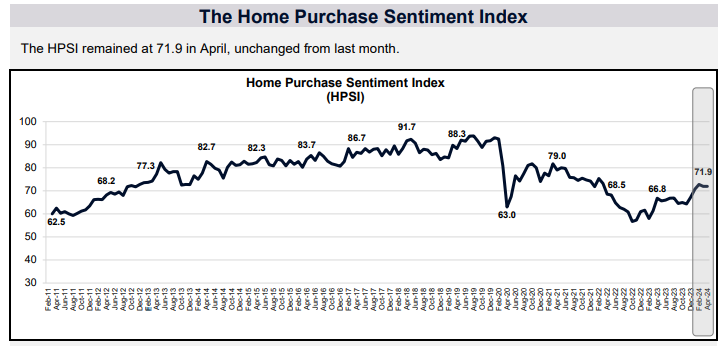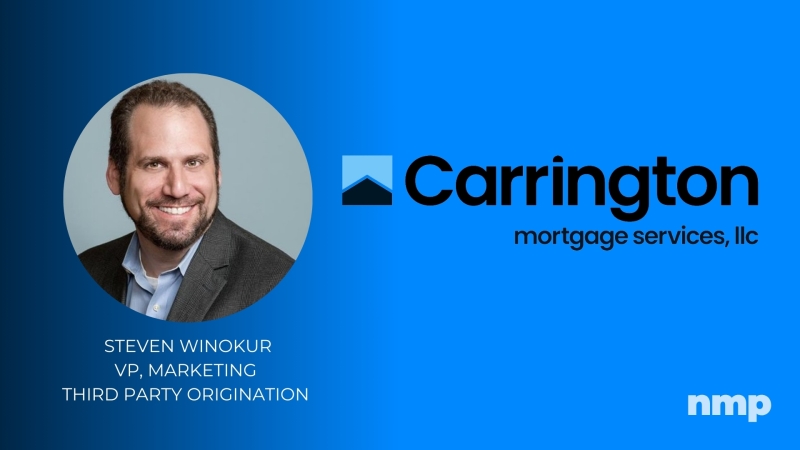
Democratic Legislation Aims to Curb Hedge Fund Ownership of Single-Family Homes

Effort aims to address housing affordability and wealth inequality.
Senator Jeff Merkley of Oregon and Representative Adam Smith of Washington have joined forces to introduce the bicameral End Hedge Fund Control of American Homes Act of 2023. The legislation seeks to tackle what they identify as a pressing and growing issue—large hedge funds buying up substantial numbers of single-family homes.
The lawmakers argue that the purchasing of single-family homes by hedge funds, particularly in the current housing market, is exacerbating difficulties for middle-class Americans aspiring to become homeowners. Moreover, they contend that it is contributing to the twin crises of housing unaffordability and wealth inequality in the United States.
“In 1971, my father was able to buy the house I grew up in for $15,000 on the salary he earned as a baggage handler at SeaTac Airport. That same house would cost nearly $500,000 today yet wages for workers like my father have not kept up. Too many families in the Puget Sound region and across the country are struggling to afford to rent or buy a home," Smith said in a press release.
Merkley added: “It’s time for Congress to put in place commonsense guardrails that ensure all families have a fair chance to buy or rent a decent home in their community at a price they can afford.”
The phenomenon began to gain momentum following the 2008 housing crisis, with large private equity firms and hedge funds seizing opportunities to acquire portfolios of foreclosed homes. This expansion was facilitated by the federal government's bulk sales of federally-backed mortgages and foreclosed properties, effectively excluding ordinary families and mission-driven nonprofits from purchasing these homes and providing stable housing for those in need.
The statistics reveal a stark reality: in 2011, no single entity owned over 1,000 single-family rental units. By June 2022, large hedge funds and institutional investors held approximately 574,000 single-family homes, according to estimates by the Urban Institute. They said these investors often maximize profits through high rent increases, fees, and deferred maintenance, resulting in a decline in housing quality over time.
According to data from the Urban Institute, hedge funds purchased 27% of single-family homes during the first three months of 2023.
The End Hedge Fund Control of American Homes Act aims to curtail this practice by banning hedge funds from owning single-family homes and mandating that they sell at least 10% of their current single-family home holdings to families annually over a 10-year period. After a full 10-year phase-out, hedge funds will be entirely prohibited from owning any single-family homes.
While the bill's passage faces challenges in Congress, proponents believe it is essential to initiate a conversation on this issue. Data indicates that institutional investors currently own 3% of all single-family rentals nationwide, though the share of institutional investor-owned homes can be significantly higher in particular markets. For example, the largest such firm in the United States, Invitation Homes, which owns more than 80,000 single-family rental properties across the country, holds approximately 11,000 of those properties in the Atlanta, GA, metro area. American Homes 4 Rent, the second-largest institutional buyer of single-family homes, owns about 5,000 properties in the Atlanta area, or 10% of its portfolio of about 50,000 properties.
However, some argue that the focus should shift toward policies that support the production, investment, and development of new housing to address the broader housing challenges facing the nation.
This legislation comes amidst a broader legislative push to address housing issues and improve affordability, as lawmakers seek solutions to ensure housing remains accessible for all Americans.




